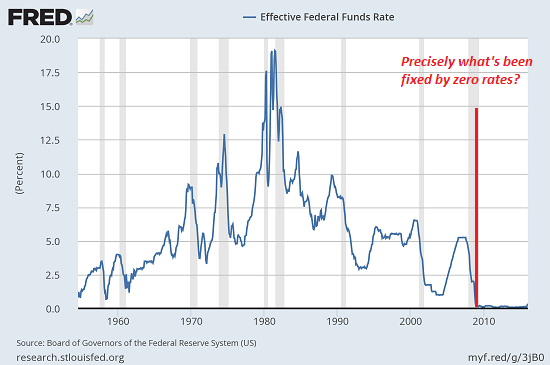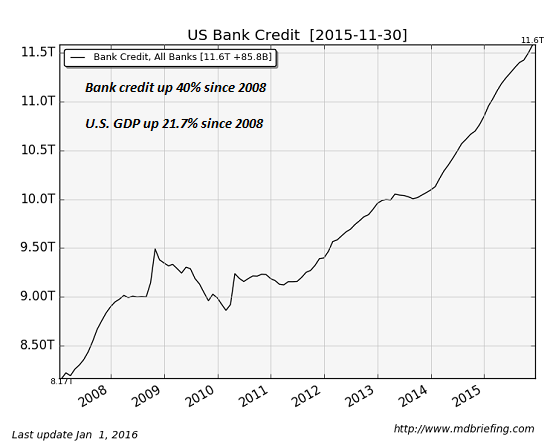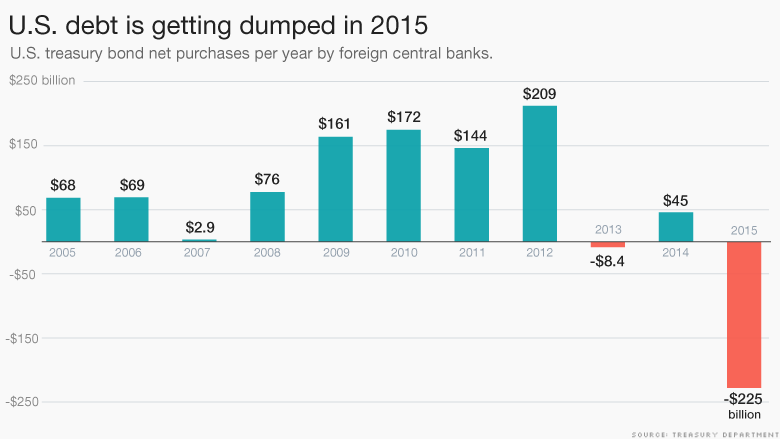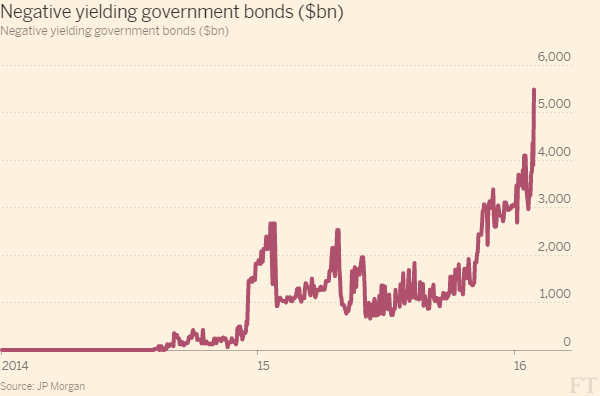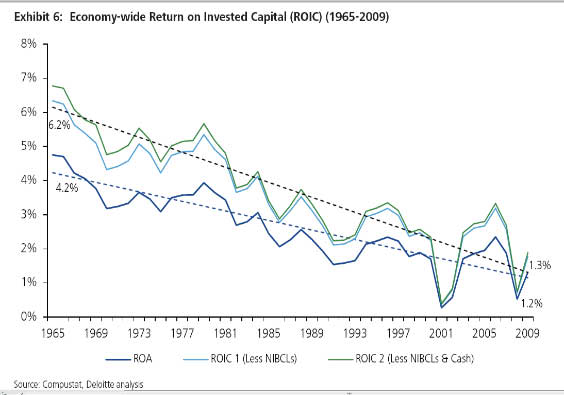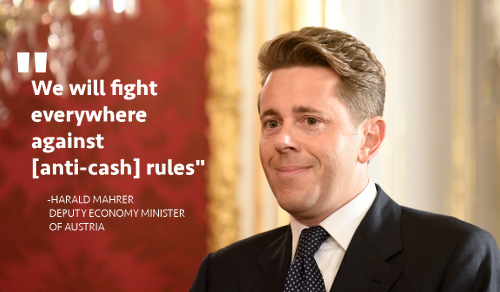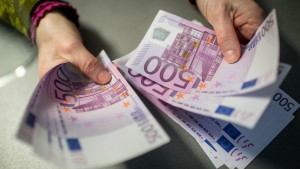
This definitive sign of a currency collapse is easy to see…
When paper money literally becomes trash.
Maybe you’ve seen images depicting hyperinflation in Germany after
World War I. The German government had printed so much money that it
became worthless. Technically, German merchants still accepted the
currency, but it was impractical to use. It would have required
wheelbarrows full of paper money just to buy a loaf of bread.
At the time, no one would bother to pick up money off the ground. It
wasn’t worth any more than the other crumpled pieces of paper on the
street.
Today, there’s a similar situation in the U.S. When was the last time
you saw someone make the effort to pick up a penny off the street? A
nickel? A dime?
Walking around New York City recently, I saw pennies, nickels, and
dimes just sitting there on busy sidewalks. This happened at least five
times in one day. Even homeless people wouldn’t bother to bend over and
pick up anything less than a quarter.
The U.S. dollar has become so debased that these coins are essentially
pieces of rubbish. They have little to no practical value.
Refusing to Acknowledge the Truth
It costs 1.7 cents to make a penny and 8 cents to make a nickel,
according to the U.S. Government Accountability Office. The U.S.
government loses tens of millions of dollars every year putting these
coins into circulation.
Why is it wasting money and time making coins almost no one uses?
Because phasing out the penny and nickel would mean acknowledging
currency debasement. And governments never like to do that. It would
reveal their incompetence and theft from savers.
This isn’t new or unique to the U.S. For decades, governments around
the world have refused to phase out worthless currency denominations.
This helps them deny the problem even exists. They refuse to issue
currency in higher denominations for the same reason.
Take Argentina, for example. The country has some of the highest
inflation in the world. In the last 12 months, the peso has lost over
half its value.
I was just in Argentina, and the largest bill there is the 100-peso
note, which is worth around $7. It’s not uncommon for Argentinians to
pay with large wads of cash at restaurants and stores. The sight would
unnerve many Americans, who’ve been trained by the government through
the
War on Cash to view it as suspicious and dangerous.
For many years, the Argentine government refused to issue larger notes.
Fortunately, that’s changing under the recently elected pro-market
president Mauricio Macri. His government has promised to introduce 200-,
500-, and 1,000-peso notes in the near future.
This is the opposite of what’s happening in the U.S., where the $100
bill is the largest bill in circulation. That wasn’t always the case. At
one point, the U.S. had $500, $1,000, $5,000, and even $10,000 bills.
The government eliminated these large bills in 1969 under the pretext of
fighting the War on Some Drugs.
The $100 bill has been the largest ever since. But it has far less
purchasing power than it did in 1969. Decades of rampant money printing
have debased the dollar. Today, a $100 note buys less than a $20 note
did in 1969.
Even though the Federal Reserve has devalued the dollar over 80% since 1969, it still refuses to issue notes larger than $100.
Pennies and Nickels Under Sound Money
For perspective, consider what a penny and a nickel would be worth
under a sound money system backed by gold. From 1792 to 1934, the price
of gold was around $20 per ounce. Under this system, it took around
2,000 pennies to make an ounce of gold. At today’s gold price, a “sound
money penny” would be worth about 55 modern pennies. A “sound money
nickel” would be worth about $3.
I don’t pick up pennies off the sidewalk. But I would if pennies were
backed by gold. If that were to happen, I doubt there would be many
pennies sitting on busy New York sidewalks.
Ron Paul said it best when he discussed this issue…
“There is an old German saying that goes, ‘Whoever does not respect the
penny is not worthy of the dollar.’ It expresses the sense that those
who neglect or ignore the small things cannot be trusted with larger
things, and fittingly describes the problems facing both the dollar and
our nation today.
Unless Congress puts an end to the Fed’s loose monetary policy and
returns to a sound and stable dollar, the issue of U.S. coin composition
will be revisited every few years until inflation finally forces coins
out of circulation altogether and we are left with only worthless
paper.”
There’s an important lesson here.
Politicians and bureaucrats are the biggest threats to your financial
security. For years, they’ve been quietly debasing the country’s
currency… and inviting a currency catastrophe.
Most people have no idea how bad things can get when a currency collapses… let alone how to prepare.
We think preparing for a currency collapse is critical to your family’s
financial safety. That’s why we’ve recently published a how-to guide
detailing the best ways to protect your savings. It’s called
Surviving and Thriving During an Economic Collapse.
Click here to download the free PDF now.
